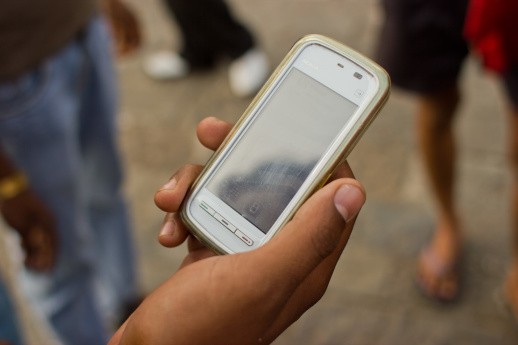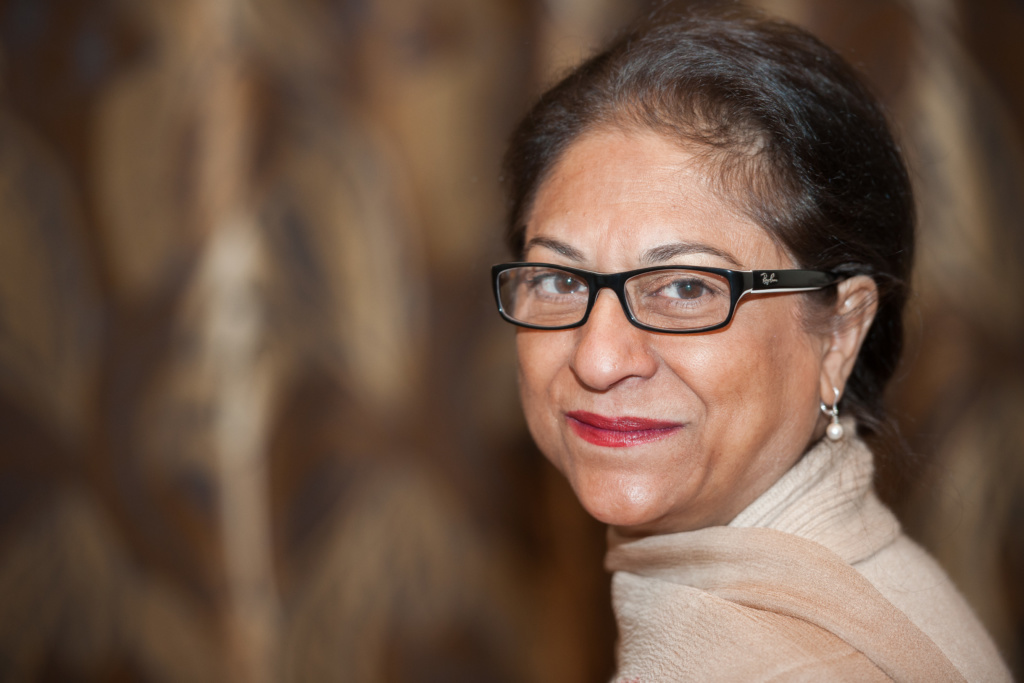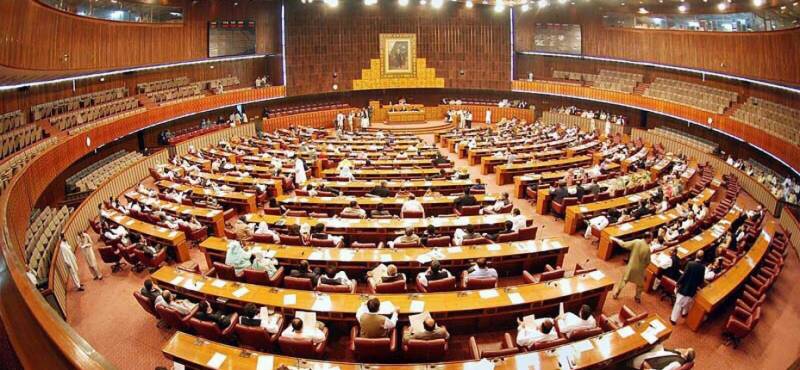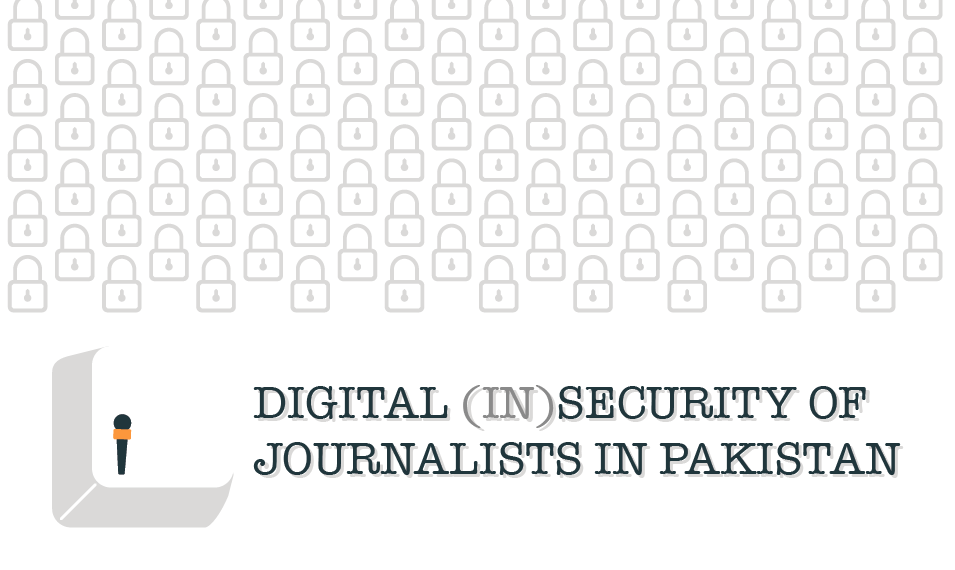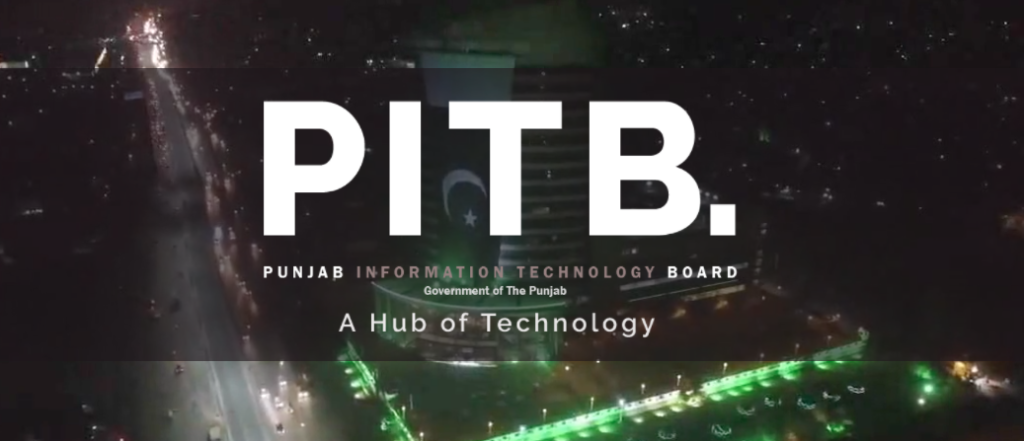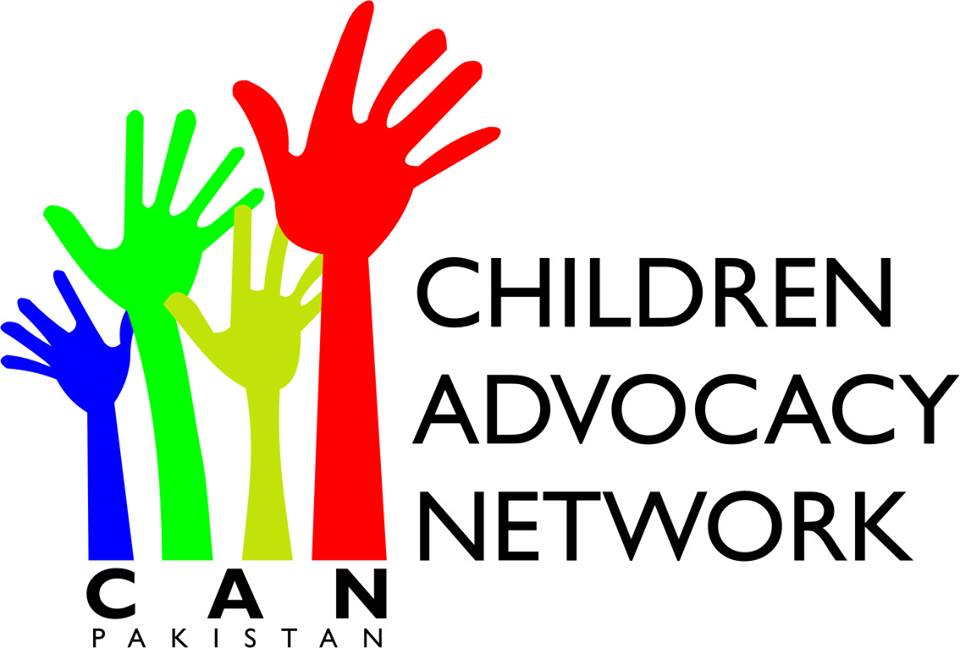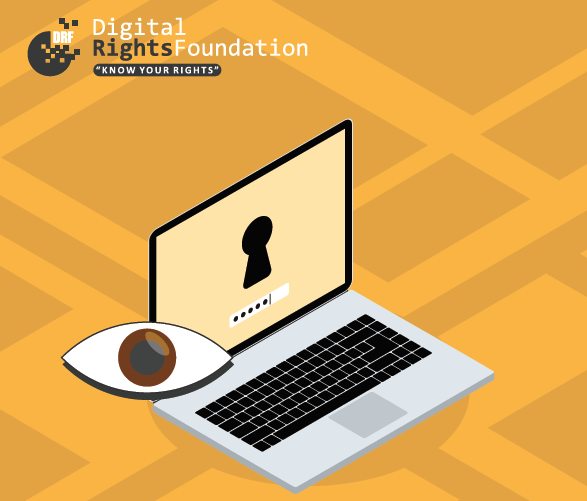February 27, 2018 - Comments Off on Islamabad High Court Ruled Mobile Network Shutdowns Illegal
Islamabad High Court Ruled Mobile Network Shutdowns Illegal
On February 26, 2018, Islamabad High Court (IHC) in a landmark judgement ruled mobile network shutdowns, including mobile based internet suspension, illegal. The judgment indicates that access to telecommunication services is a fundamental right of the citizens of Pakistan, and any attempt to suspend said services is a violation of their constitutional rights.
“[...] the practice adopted by the Authority to direct the mobile cellular operators to suspend its operations without prior notice or information is without lawful authority and jurisdiction;”
The court order further states that the federal government is not authorised to command suspension of mobile services without prior notice and justification, and the suspension of the operations can only be justified if the President exercises the power relating to the proclamation of an emergency, as per section 54 (3) of the Pakistan Telecommunications Act of 1996. However, the President doesn’t have the authority to independently proclaim emergency in order to suspend mobile network and services related to it.
The ruling is one of its kind, declaring suspension of mobile services unlawful and in violation of the fundamental rights of freedom of movement, freedom of assembly, freedom of association, freedom of trade, business or profession, freedom of speech, and right to information under Article 15, 16, 17, 18, 19, and 19-A respectively of the Constitution of Pakistan.
“[...] the suspension of mobile phone services by the Authority is ultra vires of section 54; the fundamental rights guaranteed under Articles 10-A, 9, 15, 16, 17, 18, 19 and 19-A are violated when mobile phone users are deprived from availing the services; access to telecommunication services has become a fundamental right.”
It has been held that section 54 can only be employed under the following circumstances: “(i) war or (ii) hostilities against Pakistan by any foreign power or (iii) internal aggression or (iv) defense or security of Pakistan.” Thus “apprehensions relating to public safety, law and order or the happening of an untoward incident can by no stretch of the imagination attract section 54(2).”
The judgment of the Islamabad High Court, which can be found here, is the result of the petitions filed by Advocate Hadiya Aziz, Umer Ijaz Gilani, Mian Shafqat Jan, and Ibrar Bashir before Justice Athar Minallah.
According to Hadiya Aziz,
“It was becoming way too frequent that mobile services were suspended on the basis of mere apprehension to national security which is an infringement of the fundamental rights of customers as well as service providers. This judgment is a milestone achieved in protecting the digital rights of the citizens which are a part of human rights and basic fundamental rights of the people.”
The history of network suspension in Pakistan is particularly rich given that mobile networks have routinely been shutdown on multiple instances and occasions on account of national security or in the wake of unforeseen incidents. This history dates back to as long as the internet has been around in Pakistan - resulting in the government to take disproportionate steps to stifle the flow of information and communication for which internet has become one of the primary sources since social media have become mainstream.
In 2016, DAWN reported that Pakistan experienced six internet shutdowns between June 2015 and July 2016 which resulted in the loss of $70 million for Pakistan’s economy which is already on the brink of the cliffs. While the economic loss that results in such kinds of unfair actions is unrecoverable, it is also imperative to discuss that these measures cost citizens a great deal of inconvenience and discomfort.
This is reflective in incidents like that of March 2015 when the government of Pakistan ordered the mobile networks to be suspended within 5 kilometer radius of the Pakistan Day parade site, which affected a major hospital, an airport, and businesses near Islamabad. This is not an isolated case and certainly not first of its kind.
On occasions like religious processions and festivities, and during political upheaval, the internet was partly or, in some cases, completely suspended in attempts to control news from being delivered to the citizens - most recent example being the countrywide riots on November 22, 2017 that were stemmed from the government’s operation against Faizabad protesters in Islamabad. The authorities ordered all news channels and social media and communications platforms including Facebook, Twitter, and WhatsApp be suspended on both broadband and mobile based internet. This only contributed to false news being circulated among people furthering into confusion and chaos while leaving people stranded with no confirmed information at their disposal.
In June 2016, in the wake of an armed clash between Pak-Afghan forces at the Torkham border, the government, in an immoderate attempt to control information, suspended what was available of the mobile based internet in the Federally Administered Tribal Area (FATA). The DRF did an initial report on how this internet shutdown bars the people of FATA from seeking justice following the years of oppression and discrimination the 4.5 million residents of the semi-autonomous tribal region. Following the report, a DRF representative discussed how this internet shutdown has further affected the people of FATA on a personal level, indicating that such attempts are not just political, but also personally endangering. To this date, FATA remains disconnected from the rest of the world.
Certainly, FATA isn’t the only place that has been under internet blackout since indefinite period of time in Pakistan. In fact, parts of Balochistan have experienced routine shutdowns, including the one in effect today in Turbat. Balochistan Voices, a local news website, updates in a post that prior to the shutdown, the main source of internet for the residents of Turbat remained 3G/4G internet, but now people are only left with the internet provided by the Pakistan Telecommunication Company Limited (PTCL) whose services are unreliable due to outdated infrastructure. Whereas, Balochistan Point highlights that Kalat and other districts of Balochistan have been under internet blackout since a year.
It’s indispensable that internet shutdowns affect lives and businesses to a great extent, and as per the new ruling by IHC, they also infringe citizens’ fundamental rights enshrined under the Constitution of Pakistan. In the light of this ruling, it becomes extremely crucial to understand that the flow of information and people’s right to access information cannot and should not be affected under circumstances that can’t be justified or supported under the laws of land.
This ruling serves as a positive benchmark to grant citizens of Pakistan their constitutional right to access. And with the movement around FATA Reforms gaining momentum, it’s also important that digital rights be made part of these reforms - something that the youth of Khyber Pakhtunkhwa (KPK) has been advocating for along with the demands of other fundamental and human rights.
Additionally, it is expected of the concerned government authorities to immediately restore access to mobile networks and 3G/4G internet services in the areas that have been deprived of them since indefinite period of time, particularly in FATA and areas of Balochistan.
With the advent of technology, it’s absolutely necessary that as much as we demand our rights in the offline spaces, digital rights should be made part of the mainstream discourse, so people have unrestricted access to online spaces at all times.
By Hija Kamran

